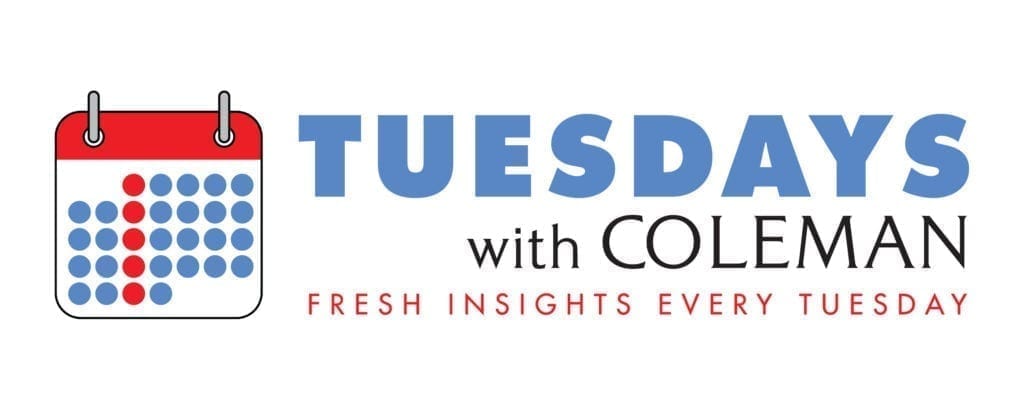
Why do listeners choose your radio station?
Why do listeners choose your podcast?
Why do viewers choose your TV show?
Why do diners choose your restaurant?
No matter what business you’re in, it’s important to be clear about why your customers choose to do business with you.
Today, we’ll focus on HBO, which was just taken over by AT&T as part of its acquisition of Time Warner.
According to the New York Times, John Stankey, the AT&T executive who now oversees HBO, envisions changes coming to the network. He suggested HBO will have to increase its subscriber base and the number of viewing hours. To do that, HBO will have to broaden its scope, past signature Sunday night shows like Game of Thrones.
So, why do viewers choose HBO?
The short answer is for high quality, compelling shows. There aren’t many signature HBO shows, but when they get a big one it’s really big. The Sopranos. Game of Thrones. The Wire. Six Feet Under. Entourage. Curb Your Enthusiasm. True Blood…and the list goes on.
Incredibly, HBO has traditionally focused on one night a week for its original programming – Sundays. So on the one hand, HBO is not top-of-mind Monday-Saturday. But it’s really top-of-mind on Sunday nights.
They’ve been able to get away with it (and charge a premium) for a long time as a result of the premium quality of its programming.
Now the game is changing. Competing pay channels, like Showtime and Starz, have upped their original programming games. Netflix is a binge factory. HBO was the destination for high production value and strong writing. Now, there’s more choice than ever – and just about every choice is less expensive than HBO.
While HBO should rightfully look to increase interest in the channel in this sea of choice, it risks the “mass appeal trap.” In the effort to broaden its appeal, it waters down its point of differentiation. The very reason(s) why consumers chose the brand in the first place.
The Tuesdays With Coleman blog “Don’t Change Your Radio Station” covered the value of not changing for the sake of change. Radio stations sometimes get the inclination to change things when they shouldn’t be changed. Clearly defined brand images are extremely desirable, and take a great deal of time to build. Any changes radio stations make should be carefully considered through the lens of their desirable images and whether those changes will be at the expense of their base position.
Alternative radio stations in the early 90s faced the challenge of broadening appeal while maintaining their credibility with an audience that liked the stations because they sounded and felt different. While playlists were broader in scope, programmers had to make sure that the new sounds were compatible and that the stations maintained their left-of-center images. If the alternative station loses the perception of being – well, the “alternative” – it can spell trouble for the brand.
Adult Album Alternative (AAA) radio stations have faced a similar challenge. Stations that previously played a large number of deep tracks, for example, found they needed to become more hit-driven to broaden appeal. The challenge was, and remains, how to do so while maintaining the often eccentric, cooler-than-the-room images that draw many listeners to the format.
HBO has the Sunday night image and the quality image and it should defend those images. So, when it considers changes to increase its audience, their leadership, too, must ensure those changes enhance, not water down, those images.
If HBO is losing subscribers and needs to compete for more viewing hours, it has to do it in a way that protects its quality franchise, but at the same time has more programs that rival that of Netflix and other competition. The way HBO does that is the key. This includes how and how often it promotes and markets the images.
Stankey claims HBO has to find a way to “move beyond 35 to 40 percent penetration to have (HBO) become a more common product”.
Desiring more usage is one thing. But as leaders of some of the most successful radio stations and brands will tell you, “common” is quite another.
There’s the propensity to think becoming more mass appeal = more audience = more revenue.
Beware of this trap.
If becoming more mass appeal compromises your brand and decreases focus, it can (and often does) result in less audience and less revenue.
Perhaps HBO can build its base while maintaining its brand position. If, after the changes, it is still perceived as special and a little “uncommon”, that wouldn’t be a bad thing.
